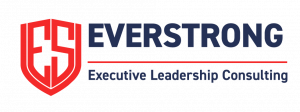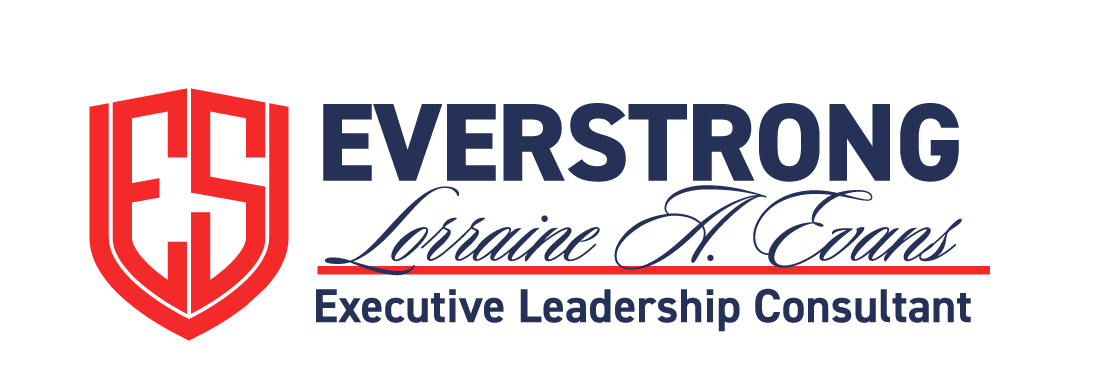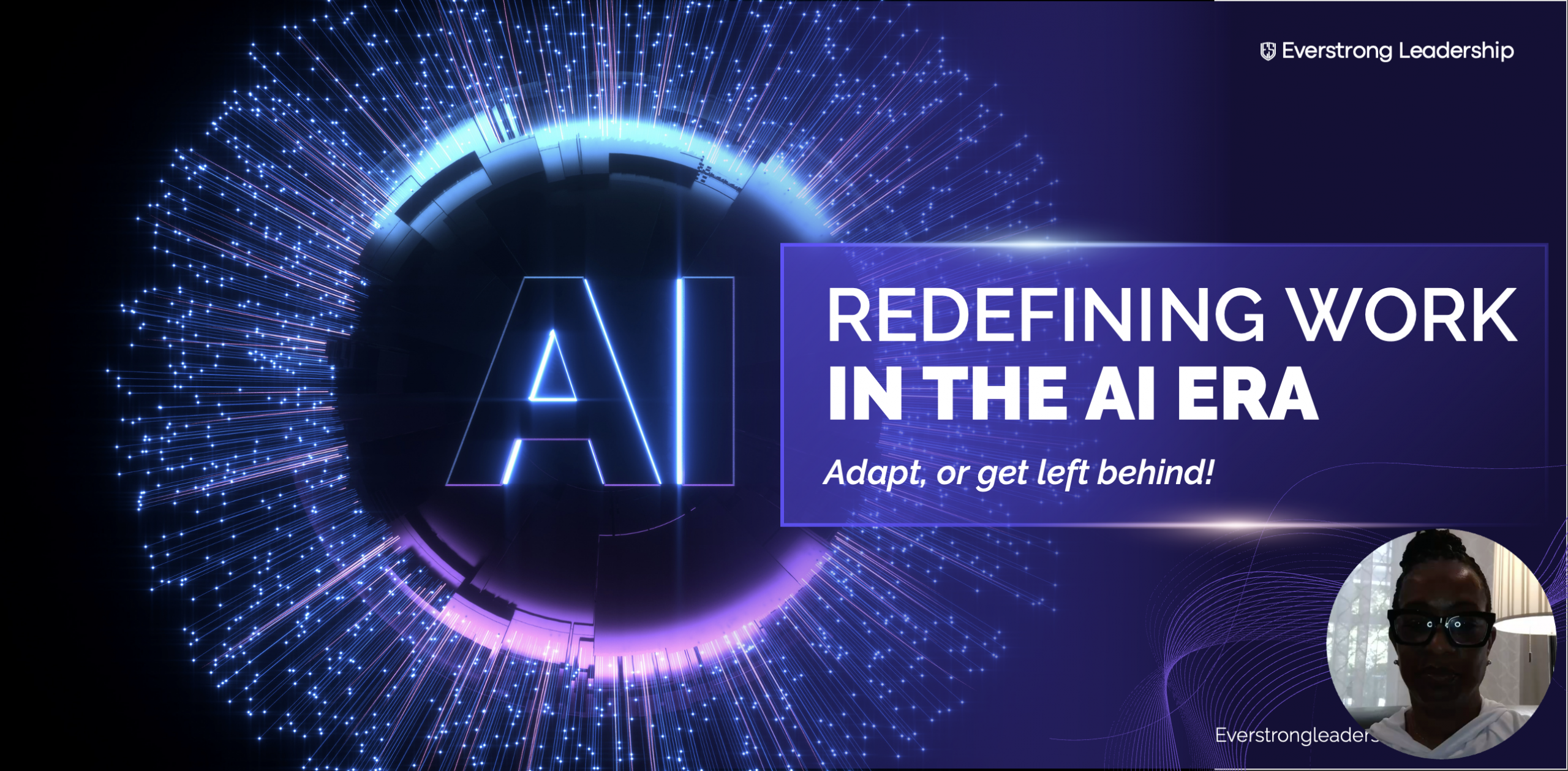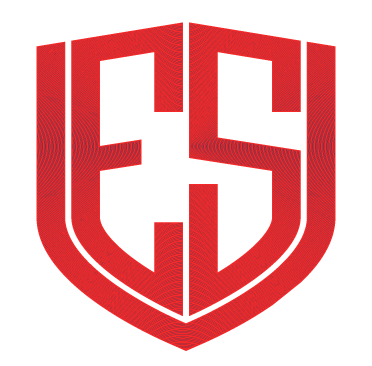The question isn’t whether AI will change your workplace. It’s whether you’ll be ready when it does.
I recently delivered a presentation on how artificial intelligence is fundamentally transforming the nature of work, and the response was striking. Some participants were energized. Others were anxious. But everyone recognized the same truth: we’re living through a watershed moment in workplace history.
Here’s what you need to know.
AI Isn’t Coming—It’s Already Here
Let’s start by dispelling a common misconception: AI is not some distant future technology. It’s embedded in your life right now.
When you use GPS navigation, that’s AI. When Netflix recommends your next binge-watch, that’s AI. When fraud is detected on your credit card before you even notice, that’s AI.
In healthcare, AI analyzes medical images to detect cancers earlier and more accurately. In finance, it protects millions of transactions every second. In transportation, autonomous vehicles are already on our roads. In education, AI personalizes learning paths for individual students.
The AI era isn’t approaching. It’s here. And it’s accelerating faster than any technological transformation in history.
The Wake-Up Call: 50% of Roles Will Require New Skills by 2030
Here’s the statistic that should get every leader’s attention: half of all job roles will require new skills by 2030.
That’s just five years away.
This doesn’t mean half of jobs will disappear. It means they’re evolving. The role you have today will likely look fundamentally different in 2030—different tools, different responsibilities, different skills required.
Think about the implications. If you’re not actively building new capabilities right now, you’re already falling behind. If your organization isn’t investing in employee development, you’re losing competitive ground every day.
The Cost of Standing Still
What happens when organizations and individuals resist this transformation?
For employers, the consequences are severe: disengagement, talent drain, declining competitiveness. Organizations that fail to adapt earn a reputation as outdated. Try recruiting top talent when you’re known as the company stuck in the past.
While competitors leverage AI to innovate and capture market share, stagnant organizations don’t just stop growing—they start losing ground.
For employees, the risks are equally serious: fear of job loss, skill obsolescence, growing insecurity. Without support and new tools, people work harder but not smarter, leading to burnout and disengagement. Career stagnation follows, ending in resignation—either mental or literal.
Ignoring change doesn’t protect anyone. It harms everyone.
Jobs Aren’t Disappearing—They’re Being Redefined
Let me address the fear directly: “Will AI take my job?”
The answer is no—not in the way you think.
Automation handles repetitive tasks. Humans focus on creativity and problem-solving.
If you spend three hours daily on data entry or scheduling, AI can do that. But those three hours don’t vanish—they get redirected to work requiring human judgment, relationship-building, and strategic thinking.
We’re seeing hybrid roles emerge that combine human intuition with AI-driven insights, creating entirely new categories of work. AI trainers who teach systems to understand context. Data ethicists who ensure AI operates fairly. Customer experience designers who use AI analytics to create better human interactions.
Here’s the paradox: as AI becomes more capable, human skills become MORE valuable, not less.
Emotional intelligence. AI can’t read the room, sense tension, or build genuine trust.
Leadership. AI can’t inspire, mentor, or navigate complex human dynamics.
Ethical decision-making. AI can’t weigh moral implications or account for human values.
As AI handles technical and repetitive tasks, these uniquely human capabilities become your competitive advantage.
Reskilling and Upskilling = Survival
Let me be direct: continuous learning is no longer optional. It’s essential.
The biggest risk is standing still. Investment in people is investment in survival.
Organizations that embed a culture of continuous learning adapt faster than competitors. When change happens—and it will—prepared teams respond proactively instead of reactively.
Providing pathways to learn new skills reduces fear. When people know you’re investing in their growth, they trust you. When they trust you, they stay. Retention increases. Engagement increases.
And here’s what often gets overlooked: employees who gain new capabilities don’t just maintain the status quo. They adapt and create fresh ideas, products, and solutions that drive growth.
This isn’t about sending people to training once a year. This is about making learning part of the culture, part of how work gets done.
The Human-AI Synergy
The future isn’t humans OR AI. It’s humans AND AI.
There are three critical synergies:
AI handles scale; humans provide insight. Machines process vast amounts of data at lightning speed, spotting patterns across millions of data points. But machines lack context, judgment, and empathy. Only humans can ask: What does this mean? What should we do? What are the implications for people?
Human creativity plus AI precision. Breakthrough innovation happens when you pair imaginative thinking with analytical accuracy. AI tests thousands of variations. Humans envision entirely new possibilities. This combination unlocks products, services, and methods that neither could achieve alone.
Ethics and trust rely on humans. AI produces results—fast, accurate, efficient results. But only humans ensure those results align with values, fairness, and social responsibility. Who decides if an AI decision is fair? Who ensures it doesn’t perpetuate bias? Humans. Always humans.
What the New Workforce Expects
Today’s workforce is digital-first, diverse, purpose-driven, and flexibility-focused. They prioritize growth opportunities and meaningful work.
The critical expectation is transparency and values alignment. Employees want to work for organizations whose values match their own. They expect openness around decisions, diversity efforts, sustainability practices, and social impact.
If there’s misalignment, people leave. And they tell others why.
This isn’t “soft stuff.” This is retention strategy. This is competitive advantage.
Navigating the Challenges
The path forward is complex, and uncertainty is natural. But challenges aren’t reasons to avoid change—they’re reasons to navigate it thoughtfully.
Resistance to change is human, but it can be overcome with clear vision. When people understand why change is happening and how it benefits them, resistance decreases.
Balancing technology and humanity is critical. The challenge isn’t adopting AI—it’s ensuring AI enhances the human experience rather than eroding it.
Adaptability must be modeled from the top. If leadership is resistant or stuck in old patterns, the organization won’t change. Walk the talk. Learn publicly. Admit when you don’t know something. Show curiosity.
Your Choice: Adapt or Get Left Behind
AI offers immense potential to transform industries, improve lives, and solve complex challenges. But its success depends on how we address ethical, economic, and social implications.
Human potential is the limitless capacity to adapt, create, and lead with purpose—qualities no technology can replicate. Unlocking that potential means empowering people to use their strengths, passions, and values to create impact beyond what technology alone can achieve.
The AI era is here. The question isn’t whether to adapt—it’s how.
Three actions to take this week:
- Identify one skill you need to develop in the next 12 months
- Have one conversation with your team or leader about AI readiness
- Challenge one outdated process in your organization
The future belongs to those who adapt. Let’s build that future together.
Ready to transform your organization for the AI era?
At Everstrong Leadership, we help organizations unlock human potential through strategic guidance, leadership coaching, and workforce development programs designed for the AI era.
Our services include:
- Customized workshops on AI-era transformation
- Leadership coaching for navigating change
- Strategic workforce development planning
- Culture change support
Contact us:
Website: www.everstrongleadership.com
Email: Lorraine@everstrongleadership.com
Lorraine is a leadership consultant specializing in organizational transformation and workforce development. She helps leaders navigate the intersection of technology and humanity to build resilient, future-ready organizations.




